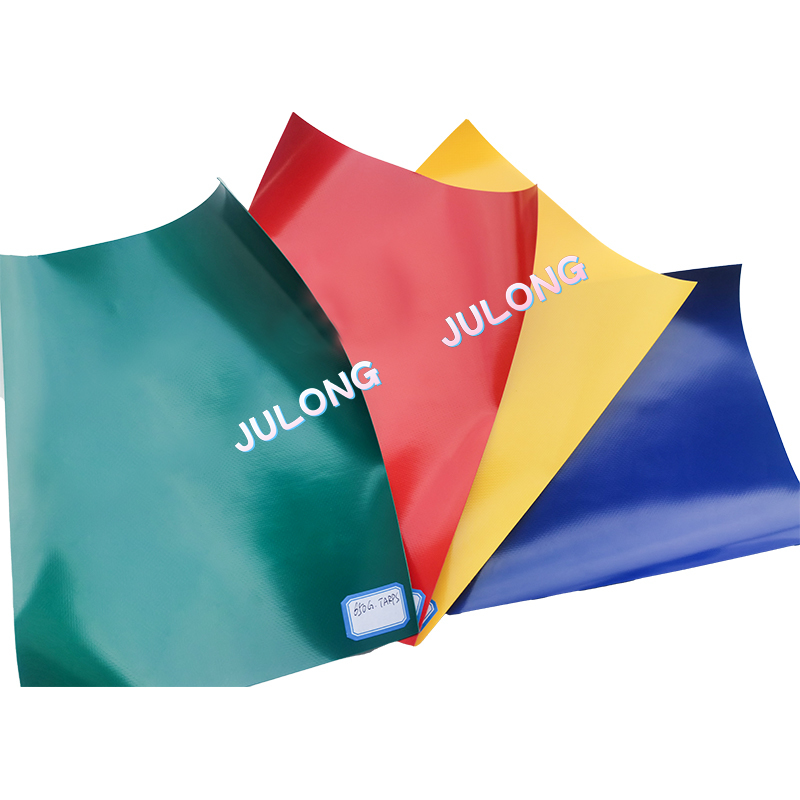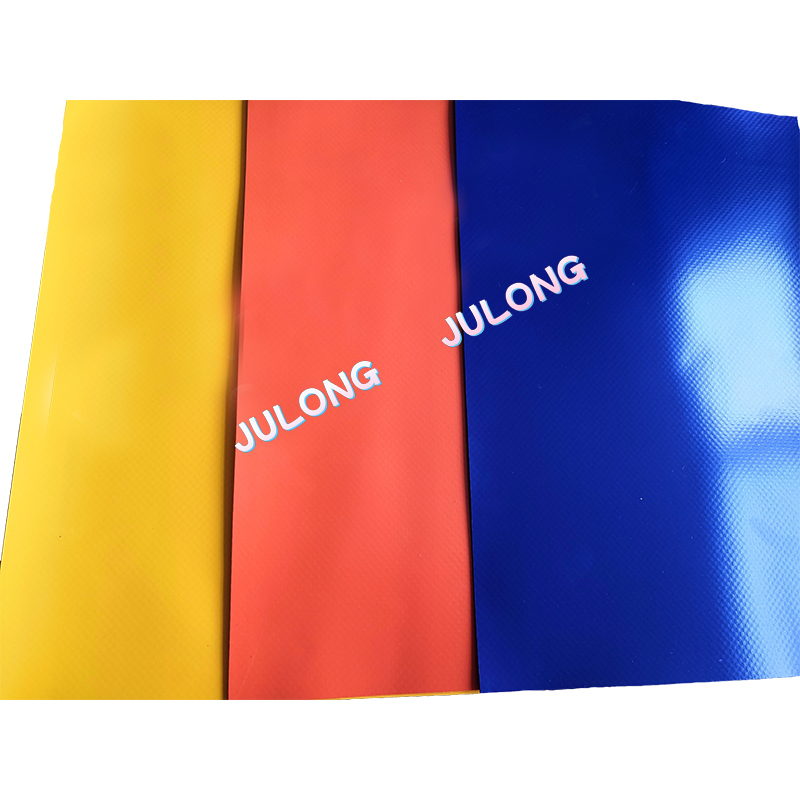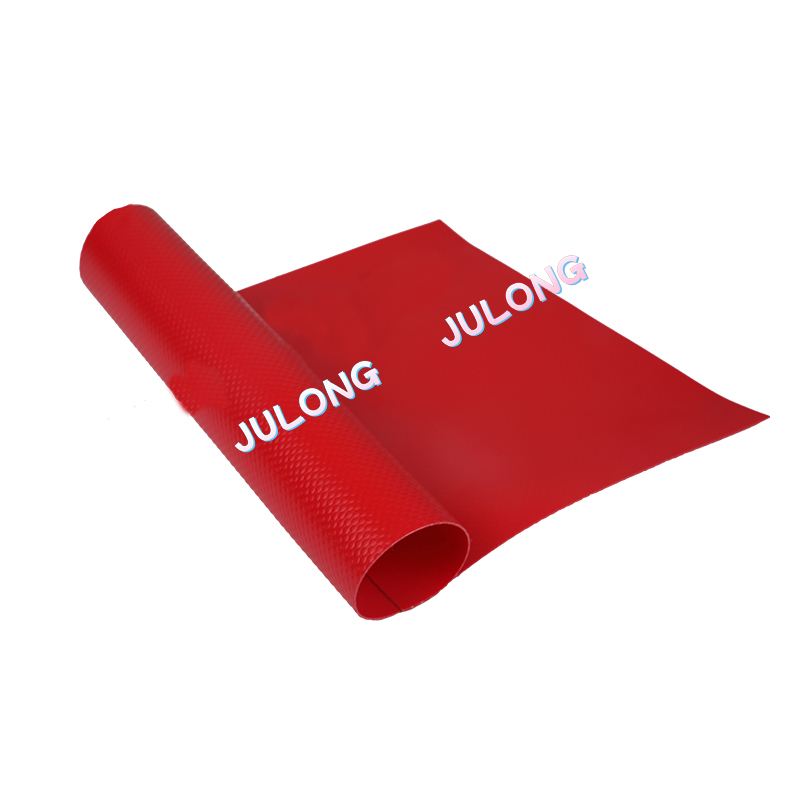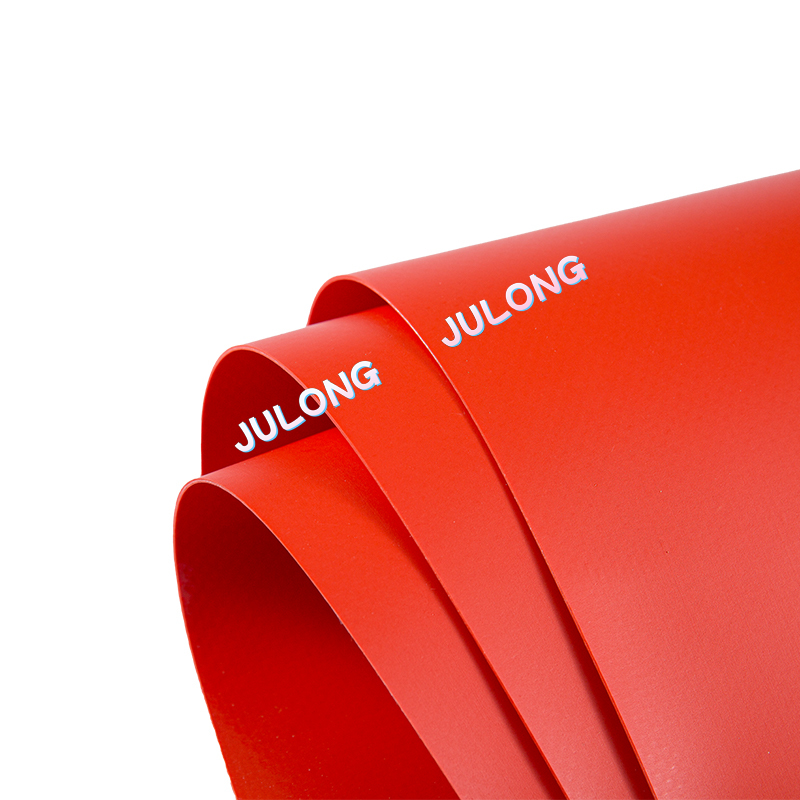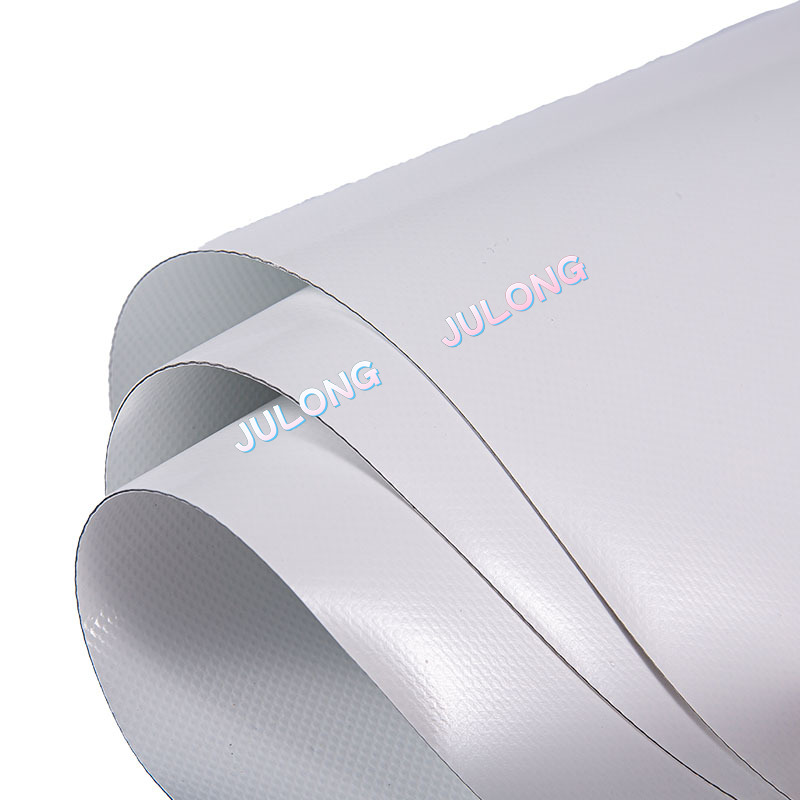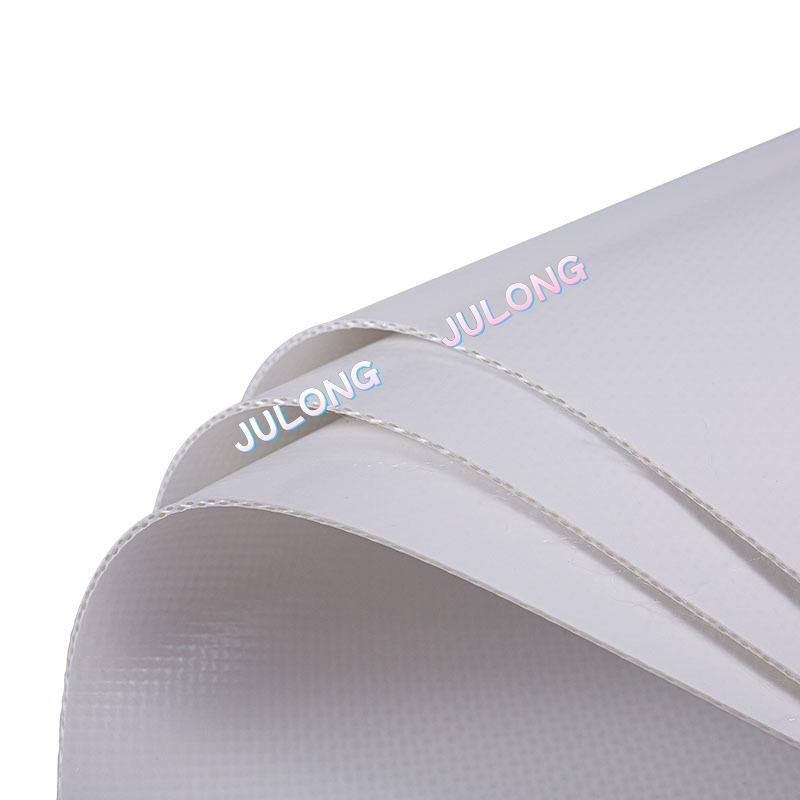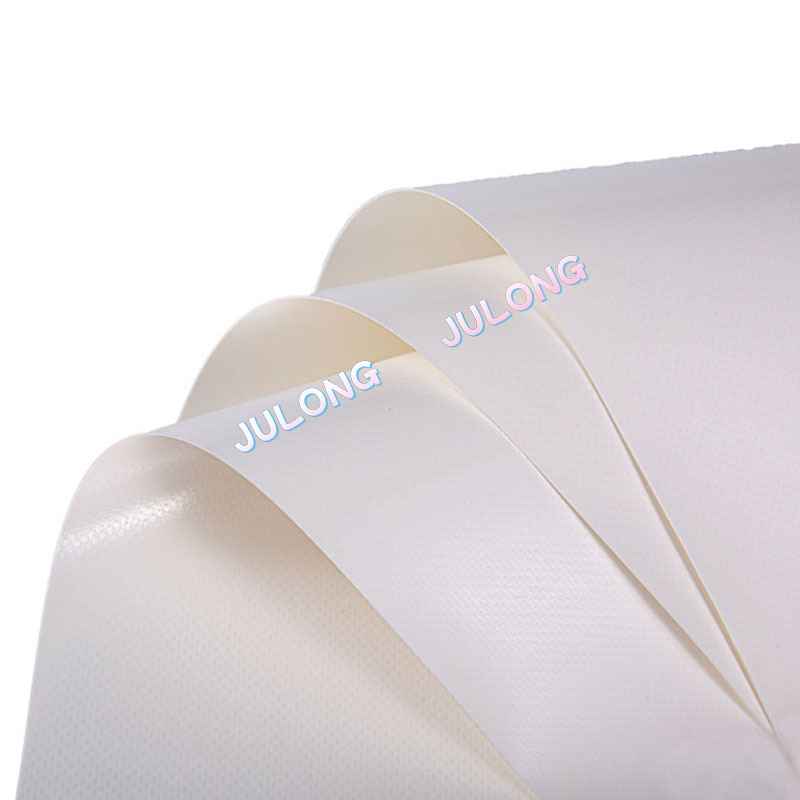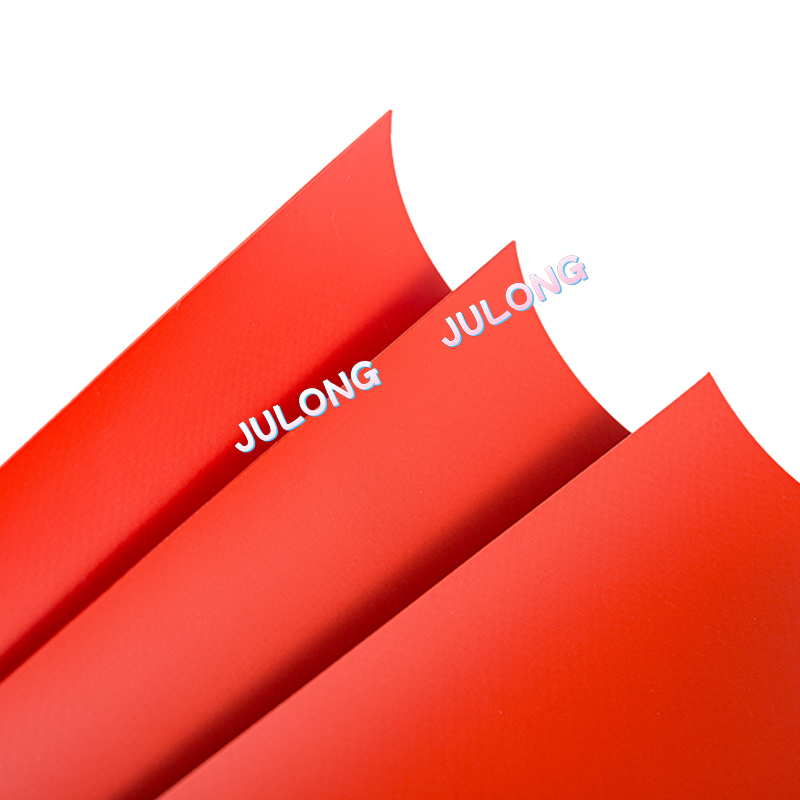The thickness of PVC (Polyvinyl Chloride) transparent film plays a crucial role in determining both its flexibility and durability. Here's how thickness impacts these two key characteristics:
Flexibility:
Thinner PVC films are generally more flexible than thicker ones. As the thickness decreases, the film becomes more pliable and easier to bend or conform to different shapes.
Thin PVC films are often used in applications where flexibility is a critical requirement, such as in packaging or applications that involve wrapping around curved surfaces.
Conformability:
The flexibility of thin PVC films allows them to conform closely to irregular or contoured surfaces. This property is particularly beneficial in applications where the film needs to adhere smoothly to different shapes without creasing or wrinkling.
Ease of Handling:
Thin films are lighter and more manageable, making them easier to handle during installation, fabrication, or packaging processes. This ease of handling is advantageous in situations where the film needs to be manipulated or applied with precision.
Drapability:
Thinner PVC films exhibit better drapability, meaning they can drape or hang more naturally. This property is valuable in applications such as curtains or displays where the film needs to hang gracefully without stiffness.
Ease of Cutting and Trimming:
Thinner films are generally easier to cut and trim. This characteristic is important in applications where the film needs to be tailored to specific sizes or shapes, such as in crafting or DIY projects.
Durability:
Thicker PVC films tend to be more durable and resistant to wear and tear. The increased thickness provides additional strength and resilience against abrasion, punctures, and other physical stresses.
Thick PVC films are often used in applications that require a high level of durability and protection, such as industrial curtains, protective covers, or heavy-duty packaging.
Impact Resistance:
Thicker films offer better impact resistance compared to thinner counterparts. This property is crucial in applications where the film may be exposed to potential impacts or rough handling.
Thicker PVC films are preferred in scenarios where durability against physical impact is a primary consideration, such as in industrial applications.
Longevity:
The increased thickness contributes to the overall longevity of the PVC film. Thicker films are more likely to withstand prolonged use without exhibiting signs of degradation or wear.
In applications where the film is expected to have a longer service life, a thicker gauge is often chosen to ensure sustained performance over time.
Tensile Strength:
Thicker films typically have higher tensile strength, meaning they can withstand greater pulling or stretching forces. This property is important in applications where the film may be subject to tension or stress.
Weatherability:
Thicker PVC films may offer improved resistance to weathering, including exposure to sunlight and extreme temperatures. This is particularly relevant in outdoor applications where the film needs to withstand environmental conditions.



 English
English عربى
عربى